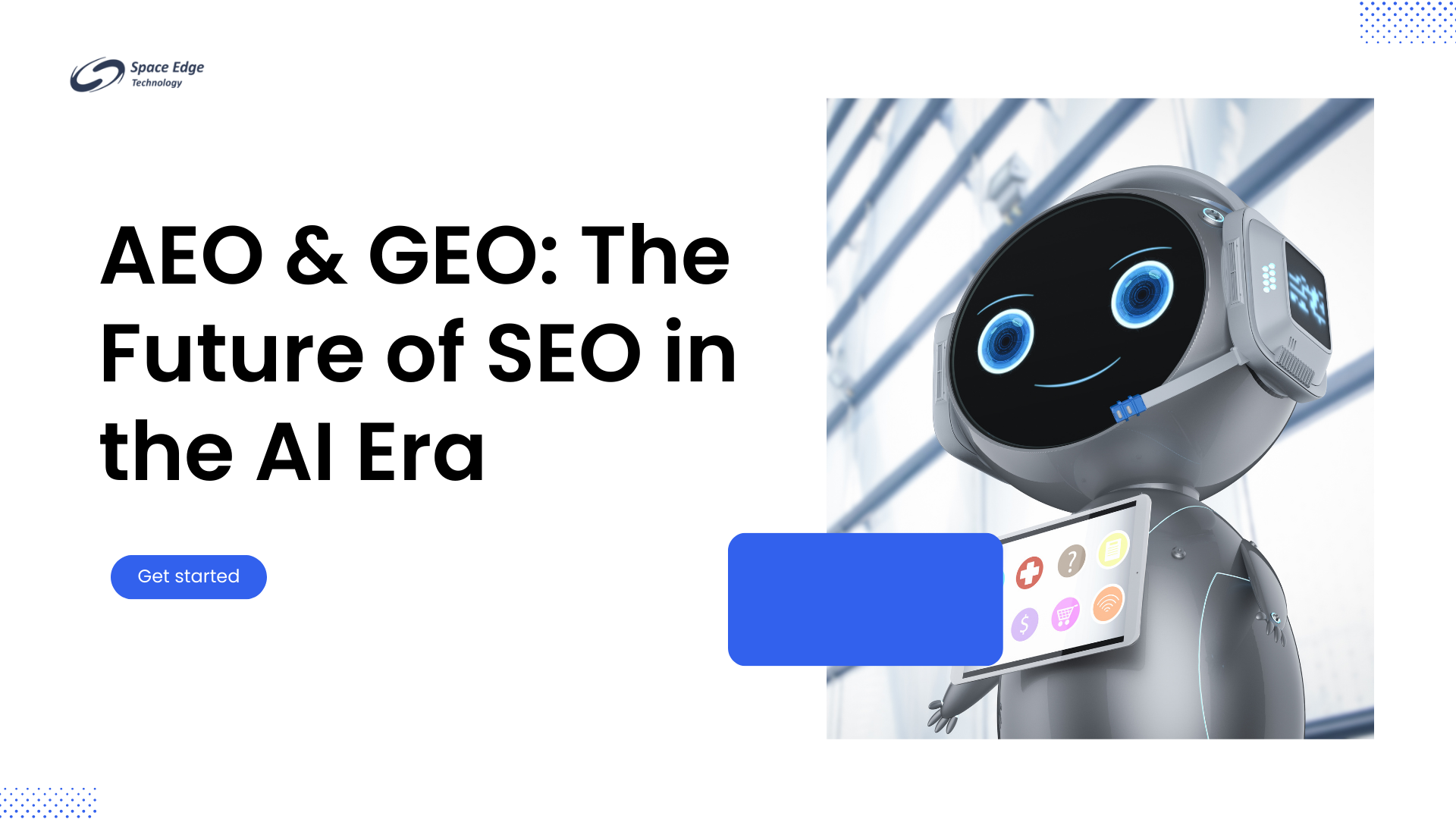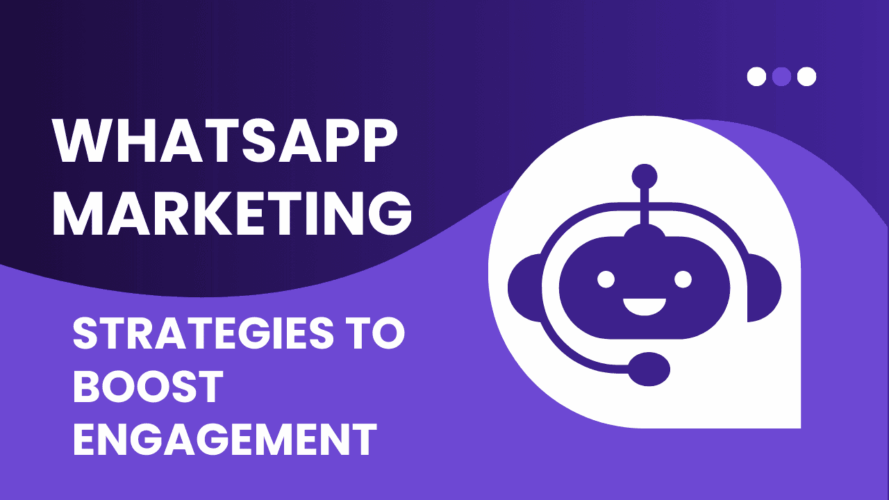Google’s latest core update, which began rolling out on June 30, 2025, is far more than just another algorithm tweak. It is a clear signal towards the future of search. As content creators and digital marketers understanding these changes and adapting our strategies is critical to maintaining and boosting our online visibility.
This update is Google’s second significant core update of 2025. One of the most important since Google started using AI for search.
Introduction to the June 2025 Core Update
- Rolled Out: June 30, 2025
- Expected Completion: Mid to late July
- Key Focus Area:
- Improving content quality signals [EEAT]
- Better alignment with AI generated search formats
- Enhanced site-level trustworthiness signals
- Further demotion of low-value over-optimized content,
- Address weaknesses in zero-click and AI citation handling.
Why the June 2025 Update Matters
2025, a turning point in the evolution of search. With the rise of Google’s AI overviews, Search Generative Experience and voice-driven queries, the traditional rules of search are rapidly changing.
As of June, Google search now operates in “AI Mode” in 11 countries. It focuses on conversational answers, factual snippets and cited content within its AIO framework.
The June 2025 core update was designed to help this AI-first ecosystem surface reliable, fact-rich and trustworthy content, while penalizing outdated SEO tactics.
Notable Trends:
- Ranking reversals for websites hit by previous core updates.
- Keyword cannibalization issues flagged in Google Search Console for multi-topic websites.
- Boost in visibility for AI-optimized content using tools, structured data and Q&A formats.
What were the key changes in Google’s algorithm update in June 2025 ?
1. Reinforced EEAT Signals
Google’s experience, expertise, authoritativeness and trustworthiness framework has been tightened. Signals like author bios, professional credentials and updated sources are now heavily weighted.
2. Rise of Generative Engine Optimization
With AI overviews becoming standard, SEO is evolving into GEO. Websites are now rewarded for:
- Using structured data
- Implementing llms.txt files to guide AI crawlers.
- Formatting content conversationally.
This trend is called Generative Engine Optimization [GEO], and it’s quickly becoming a pillar of modern SEO strategy.
3. Answer Engine Optimization Takes Center Stage.
Content designed to answer questions directly has been boosted. Why? Because this format is favored by AI-powered experiences, voice search and zero-click searches.
4. Reduced Emphasis on Domain Authority
Google is shifting away from traditional off-site authority metrics like Domain Authority or Domain Rating. Even high authority domains saw drops if they lacked internal topical relevance, user engagement signals or updated content.
Human vs AI-Generated Content: The New Standard
This update shows Google isn’t against AI content, but it isn’t being stricter about AI content quality. Thin, generic AI-written articles were heavily demoted.
However, websites using AI as an assistant fared better, especially when:
- AI content was edited and fact-checked by humans
- Original insights, data and real-world experience were added
- The site maintained a consistent voice and credibility.
Recovery Strategy After the June 2025 Update
If your traffic took a hit, here’s your roadmap to bounce back stronger:
1. Audit Underperforming Pages
- Under GSC and Semrush to pinpoint dropped keywords and impressions.
- Identify thin content, keyword stuffing or outdated facts.
2. Strengthen EEAT
- Add author bios, credentials and citations.
- Include “last updated sitemaps.
- Get backlinks from relevant, high-authority sites in your niche.
3. Optimize for AEO & GEO
- Add FAQ sections and conversational headings.
- Include schema markup.
- Ensure AIO-friendliness with structured summaries and citations.
4. Fix Technical SEO Issues
- Improve page load times
- Resolve crawl issues, broken links or redirect chains.
5. Wait for the dust to settle.
Google recommends avoiding drastic changes during rollouts. Monitor traffic and rankings over the next 2-3 weeks, deploying large-scale updates.
Google now indexes Instagram content [Effective July 10, 2025]
In this major shift for content discovery, Google began indexing public Instagram posts from business and creator accounts on July 10, 2025.
What’s changing?
- Only public professional accounts are eligible for indexing.
- The index covers Instagram content posted after Jan 1, 2020.
- Search engines like Google and Bing can now surface eligible Instagram content in relevant SERPs.
- This marks the first time short-form social content can drive organic search traffic directly from the SERP.
The Future of SEO: AI-First, User-Driven, Trust-Centric
The June 2025 core update shows that SEO is changing quickly. It now moving beyond just keywords and backlinks toward user intent, trustworthiness and AI compatibility. It’s no longer enough to write for Google’s traditional algorithms-You also need to optimize for AI results, voice searches and conversations.








